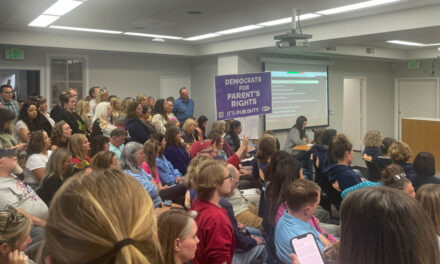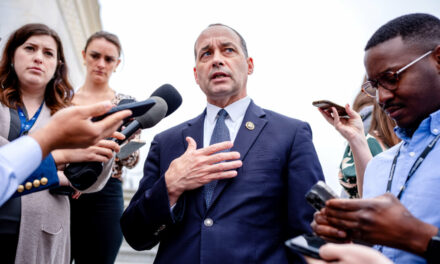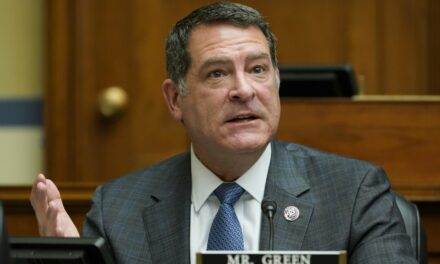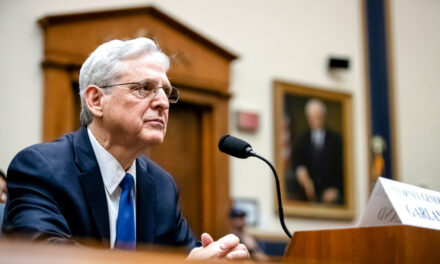We support our Publishers and Content Creators. You can view this story on their website by CLICKING HERE.
NEW YORK CITY—New York City Comptroller Brad Lander and community organizers and activists have vowed legal action in response to Gov. Kathy Hochul’s freeze on the implementation of congestion pricing.
The policy of charging commuters entering Manhattan below 60th St. a $15 toll was set to take effect June 30 pursuant to a 2019 statute. Mr. Lander and allies claim it would have raised $1 billion for the Metropolitan Transit Authority (MTA).
But earlier this month, the governor announced an indefinite pause on the adoption of the higher tolls.
The congestion pricing tolls were meant to alleviate heavy traffic and its attendant environmental damage, as well as to raise money for bonds that would permit far-reaching upgrades to subways and other components of the city’s mass transit system.
In a Wednesday afternoon press conference in lower Manhattan, the comptroller and other speakers active in New York political circles defended the higher tolls and threatened to take action under Article 79 of New York Civil Practice Law and Rules if congestion pricing does not come into effect by June 30 as envisioned.
“Mass transit is the lifeblood of New York City. Our economy depends on a modern, accessible mass transit system. As everyone knows, that system needs billions of dollars of investments to be efficient and accessible,” Mr. Lander said at the conference, which commenced at noon and ran slightly more than one hour.
“Governor Hochul took a disastrous wrong turn, so we are here today to steer our shared future back on track.”
According to the comptroller, Ms. Hochul’s abrupt intervention against congestion pricing is a deeply mistaken and possibly illegal move that will harm New Yorkers in general and certain categories of residents in particular.
He singled out New Yorkers who have disabilities and who desperately need expanded access to the mass transit system that will require substantial investments to carry out; residents of the business district at the lower end of the borough who have respiratory ailments that will get worse if traffic is not curbed; MTA board members who have already committed to financing for transit upgrades and who do not wish to go back on their promises; and MTA bondholders whose bonds are backed by the increased revenues that congestion pricing will bring.
Ms. Hochul has defended her decision to pause the toll, saying she received extensive feedback from New Yorkers who say they can ill afford the toll when commuting into the city.
“Now is not the time to put it on the backs of hardworking New Yorkers who are still feeling the cost of inflation on their pocketbooks,” she said at a June 7 press conference in Albany.
Andrew Alpert, chair of the New York City Transit Riders Council, speaking at the June 12 press conference, described a need for upgrades that extend far beyond the refurbishment of one or another of the city’s subway lines.
“Whether you use mass transit or not, you are benefiting from the MTA,” Mr. Alpert said, adding that the entire subway system needs expansion and that far-reaching upgrades to lines accessible within, but not confined to, the city, such as the Long Island Railroad, also need extensive servicing and improvement.
“A $6 billion federal grant is at risk. This cannot be allowed. We have a fiduciary responsibility to make sure that everything is good with the MTA,” Mr. Alpert said.
Ms. Hochul’s office did not immediately respond to a request for comment.

 Conservative
Conservative  Search
Search Trending
Trending Current News
Current News 







